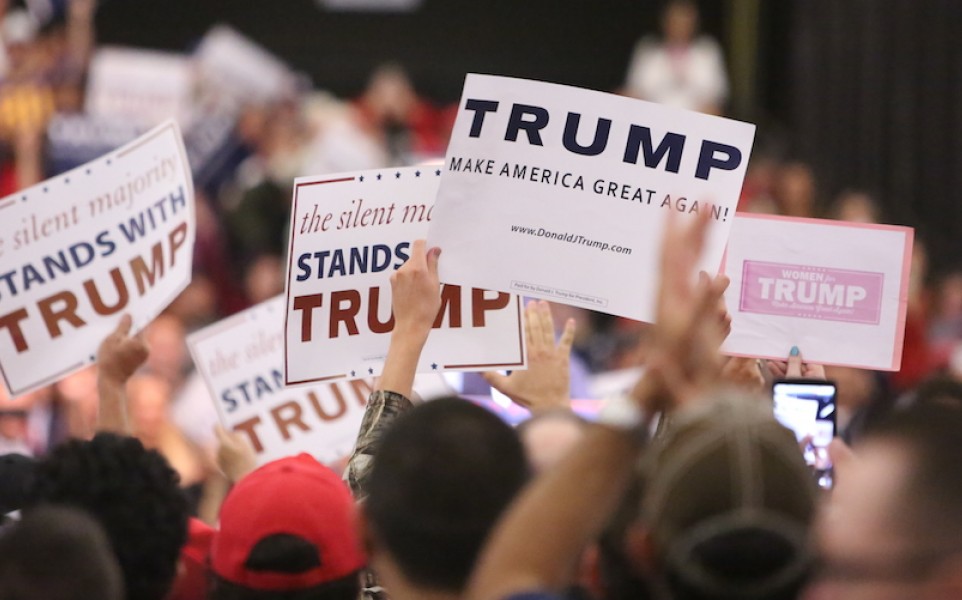JEFFERSON CITY • Proponents of legalizing marijuana for medical use say 2018 is the year for Missouri. Public opinion has shifted. Money is flowing. And canvassers dot street corners.
But we’ve heard this before.
After raising more than $1.3 million through June of last year, a group called New Approach Missouri — run by some of the state’s most well-known marijuana advocates — narrowly missed the ballot after election officials tossed thousands of the group’s signatures.
“Our goal is to make Missouri the 30th state that allows state-licensed physicians to recommend medical marijuana to patients with debilitating illnesses,” he said.
Cardetti said the signatures — and $172,000 raised last fundraising quarter — are evidence of momentum months away from the May 2018 signature-gathering deadline.
Two other groups also are attempting to make the ballot. Springfield attorney and physician Dr. Brad Bradshaw is proposing his own constitutional amendment. He is the sole backer of the push, and said that canvassers had collected 142,000 signatures.
“We’re getting close,” Bradshaw said last week, adding that the main purpose of his measure is to finance a medical research institute, with marijuana tax revenue used as the funding mechanism.
A third effort backed by former Missouri House Speaker Steve Tilley, R-Perryville, and former state Rep. Mike Colona, D-St. Louis, would seek to change the state statute — not the Constitution — which would require fewer signatures to make the ballot and also allow lawmakers to tweak the law.
“We think it’s a more pragmatic approach,” Tilley said of a statutory change versus a constitutional one.
Missourians for Patient Care, as of its October Missouri Ethics Commission filing, had not reported any donations. Tilley said the group would start gathering signatures in the coming weeks.
The address listed on the group’s paperwork is the same as Pelopidas LLC, a firm linked to megadonor Rex Sinquefield. But Mark Habbas, a spokesman with Patient Care, said Sinquefield is in no way connected to the campaign.
The secretary of state’s office also has approved the petition effortsof a fourth group, the Missouri Marijuana Legalization Movement. That group is trying to legalize full recreational use of marijuana.
Shifting attitudes
While Missourians did not have the chance to weigh in on medical marijuana last year, voters in other conservative states did. Voters in North Dakota, Arkansas and Florida all approved initiatives. Voters in Montana opted to expand access to medicinal marijuana.
Four other states — California, Massachusetts, Nevada and Maine — voted in recreational use of pot, bringing the total amount of states where voters have backed legal pot to eight.
Quinnipiac University released a poll in August showing that 94 percent of voters surveyed supported “allowing adults to legally use marijuana for medical purposes if their doctor prescribes it.”
Last week, Gallup released a poll showing 64 percent of respondents want legalized recreational marijuana, a record level of support. For the first time, Gallup said, a majority of Republicans surveyed — 51 percent — supported full legalization of marijuana.
As attitudes shift, more Americans are weary of the federal government cracking down on legalized marijuana, the Quinnipiac poll showed.Just 20 percent of respondents said they would support the federal government enforcing federal law in states that had legalized medical or recreational pot. Seventy-five percent of respondents opposed such a move.
State Rep. Shamed Dogan, R-Ballwin, co-sponsored a failed attempt at legalizing medical marijuana this past year.
“When the federal government does keep it illegal, and keeps doctors from prescribing it, and keeps research from being conducted into its efficacy,” Dogan said, “I think it’s something from a states’ rights perspective where we need to push back against the federal prohibition.”
Dogan said he hasn’t studied any of the initiatives, but hopes the Legislature makes another effort next year to pass its own medical marijuana bill.
While the other proposals may make the ballot, if the Legislature passes a competitive measure, activists may slow the push for their own reforms, he said.
Differing proposals
The three medical marijuana petitions present similar lists of qualifying conditions, which include cancer, epilepsy, glaucoma, post-traumatic stress disorder, intractable migraines, HIV/AIDS, terminal illness and other ailments.
New Approach’s language would impose a 4 percent tax on retail sales, which would go toward veterans health care. The state estimates the proposal would generate $18 million in fees and sales tax each year.
The “Bradshaw Amendment” would tax retail sales at 15 percent, using that revenue and a wholesale tax to start an institute dedicated to funding medical research. The state estimated the proposal would generate $66 million in revenue and fees per year.
The Patient Care statutory change would impose a 2 percent retail tax, channeling revenue to early childhood education, veterans care, public safety and drug treatment.
credit:stltoday.com









